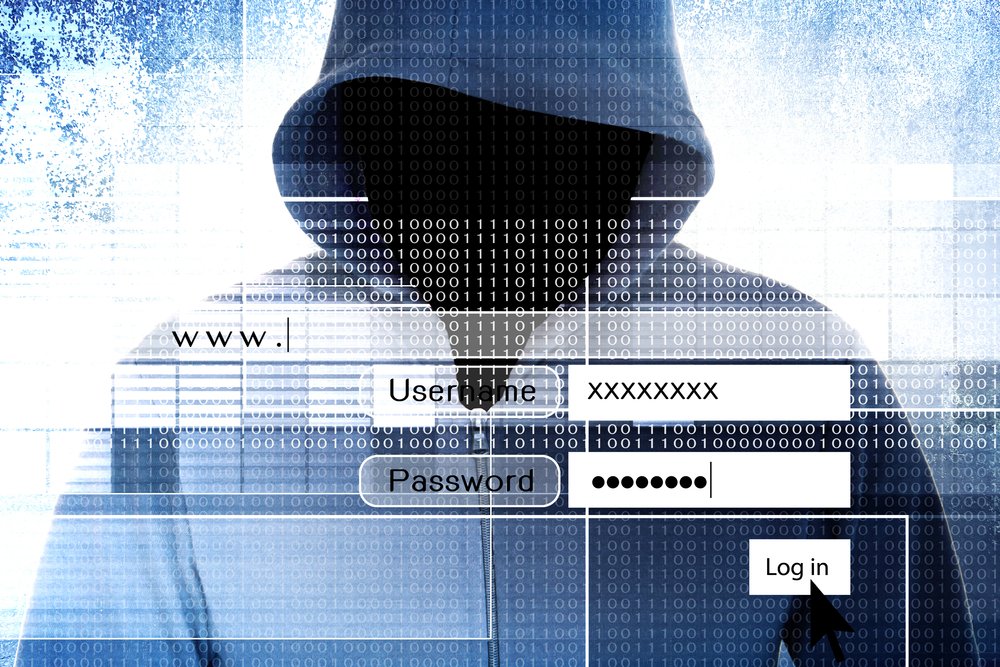How to Secure Your Personal Data While Online?

Even if you have absolutely nothing to hide, you still have to protect the privacy of your data. Increasingly, our whole life fits in a series of short data that is sold on the internet. Think carefully before allowing any application to access your contact list or friend profiles. So, monitoring your online activity is important to protect not only information about yourself but also your own identity and the security of your loved ones.
For example, there is a program that will help protect your identity on the internet, IDShield. Here, you can read everything you need to know about IDShield in 2020. Note that many antiviruses, apart from protecting against malware, offer their own services for password security, tracking privacy settings, etc. If you are really worried about your personal data safety, then there is a reason to purchase such software.
Where to Start?
How to protect your data? A large number of laptops, tablets, smartphone owners are positive that they give their gear security protection by installing an antivirus program. But does the antivirus give full protection against hackers, or should you rely only on your own caution by minimizing the spread of personal information on the internet? Here, we will discuss how your personal data can leak and what to do to prevent it.
Antivirus is necessary for any computer connected to the internet. Moreover, modern antivirus programs are quite functional software, which also solves the problem of protecting the user’s personal data on the internet. Modern developers offer a choice of several effective antiviruses. Moreover, it can be free. Even free programs or demo versions of antiviruses that can be updated every month are quite suitable.
So, start with looking for a good antivirus solution, which often includes a set of identity protection features and secures your online activity.
What Do Hackers Usually Look For?
It’s clear why they are hacking media accounts: information about their personal lives can potentially cost a lot of money. But why hack the profile of an ordinary person? They have a lot of reasons.
Hackers are interested in the following:
- Access to your credit cards;
- Passwords from social networks are used for sending spam;
- Access to your personal contact information allows them to profit by selling it to newsletters and advertising services;
- Passwords from your accounts in games allow them to resell them to third parties or demand money from you to return your account;
- With access to your profile on mobile devices, they collect your personal information and sell it to third parties or demand money for the return of a stolen profile.
In these and many other situations, you can prevent the negative outcome with thoughtful protection of personal data on the internet.
Take Care of Your Passwords
The easiest solution to the question of how to protect your data on the internet is to create a complex, difficult to guess a password for your accounts and mailboxes. Here are a few rules that will help you protect your account from hacking:
- It would help if you did not make a password combination of personal data that is publicly available, such as last name, first name, date of birth, city, names of children, or your spouse.
- Be sure to add not only lowercase and uppercase letters to the password but also numbers or other characters.
- Do not store the password on the computer in a file, on a sticker glued to the monitor, on a sheet of paper hidden under the keyboard. They are well aware of all these places and will check them in the first place.
- Try to use two-factor authentication, in which to enter your account, you must enter the secret code sent by the system to your phone.
Social Media Privacy
Another rule that in no case should be neglected by those who wondered how to protect personal data is the security of their social networks. Safe behavior out there makes no difficulties. The main thing is to follow a few simple rules:
- Be careful not to share private details of life on social networks through private messages, and even more so on photos, even with loved ones. Remember that many dating sites do not guarantee user data safety, and dishonest citizens can get it.
- Check your profile’s privacy settings. For example, on Facebook, you can look at your page through an outside visitor’s eyes.
- Do not save passwords to social media even on your computer and especially on other people’s devices if you use them to access the internet. Do bother to enter the password again each time.
- Try to select different passwords for accounts on various social media.